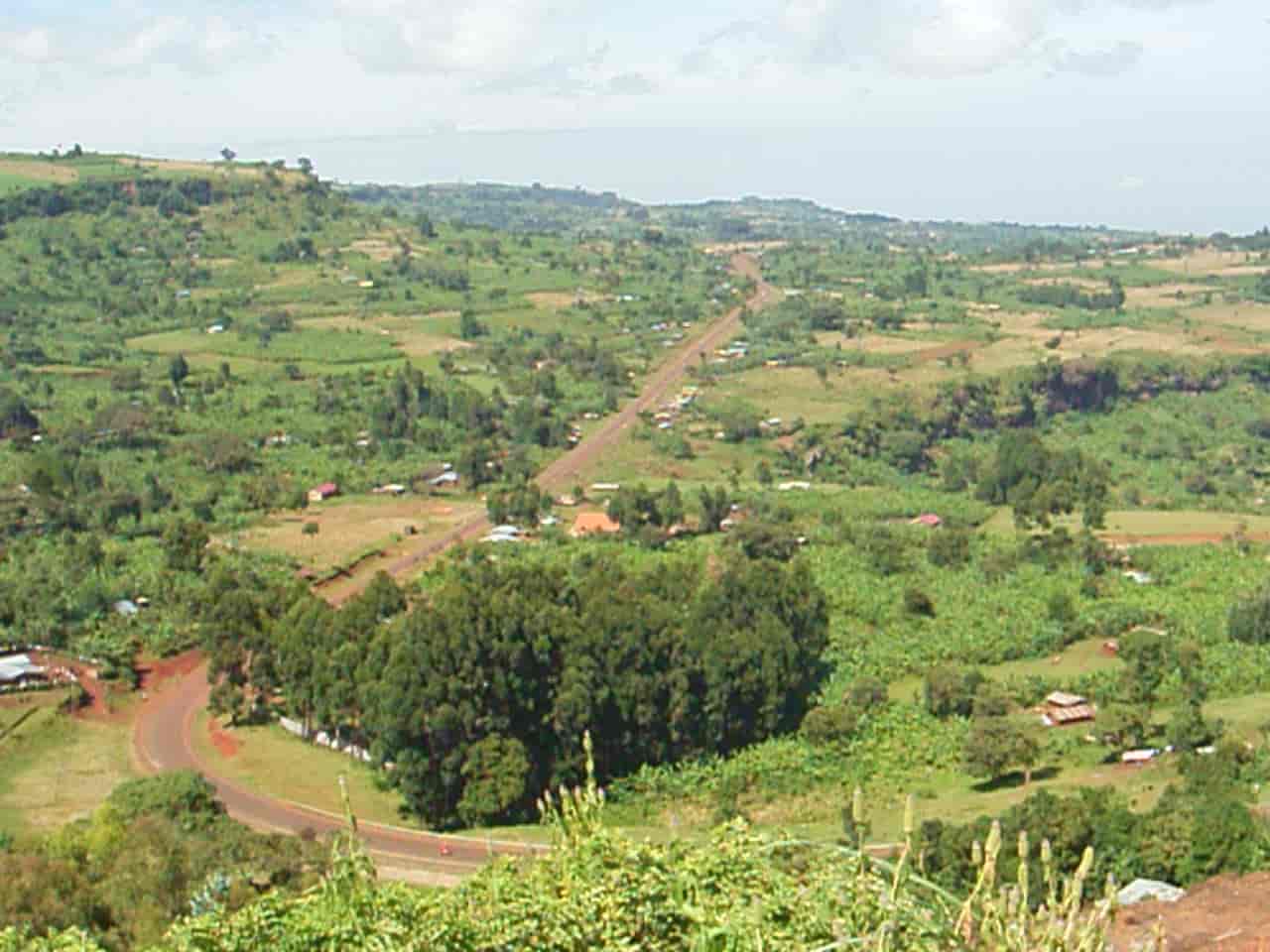Located in the Rift Valley region of Kenya, Trans-Nzoia County is a charming and vibrant destination that offers a multitude of experiences for all types of travelers. With its stunning natural landscapes, diverse wildlife, and welcoming local communities, this county promises to leave you enthralled. Whether you are an adventure seeker, a nature lover, or a culture enthusiast, Trans-Nzoia County has something for everyone. So pack your bags and get ready to embark on an unforgettable journey through this enchanting part of Kenya.
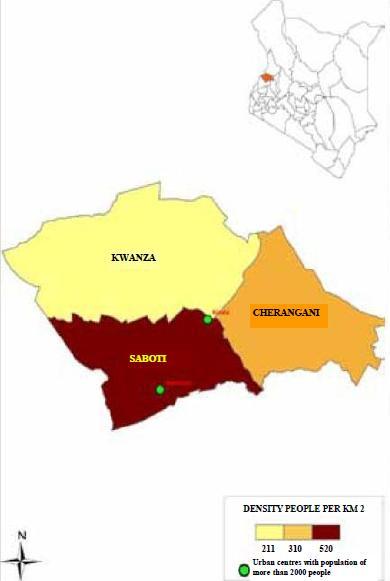
This image is property of opencounty.org.
Geography
Location
Trans-Nzoia County is located in the Rift Valley region of Kenya, in East Africa. It is situated on the western side of the Rift Valley and shares borders with four other counties: Bungoma County to the west, Uasin Gishu County to the south, West Pokot County to the north, and Elgeyo-Marakwet County to the east.
Borders
Trans-Nzoia County is bordered by Bungoma County to the west, Uasin Gishu County to the south, West Pokot County to the north, and Elgeyo-Marakwet County to the east. The county’s strategic location allows for easy access to neighboring counties, facilitating trade and transportation.
Topography
The topography of Trans-Nzoia County is diverse and features both flat and hilly areas. The western part of the county is characterized by rolling hills and valleys, while the eastern part is more mountainous. The county is also home to the Cherangani Hills, which offer picturesque landscapes and opportunities for nature enthusiasts to explore.
Demographics
Population
Trans-Nzoia County has a population of over 900,000 people, making it one of the most populous counties in Kenya. The majority of the population resides in rural areas, with only a small percentage living in urban centers such as Kitale, the county’s largest town.
Ethnicity
The county is home to various ethnic groups, including the Bukusu, Kalenjin, Luhya, and Tugen. The Luhya community is the largest ethnic group in Trans-Nzoia County, accounting for a significant portion of the population. The county’s diverse ethnic makeup contributes to its rich cultural heritage and traditions.
Languages
The main languages spoken in Trans-Nzoia County are Swahili and English, which serve as Kenya’s official languages. Additionally, various local languages are spoken by different ethnic groups within the county, such as Luhya, Kalenjin, and Bukusu. The linguistic diversity reflects the multicultural nature of Trans-Nzoia County and enhances the inclusive atmosphere within the community.
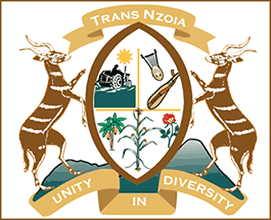
This image is property of www.crwflags.com.
History
Colonial era
During the colonial era, Trans-Nzoia County was part of the larger Kitale District, which was under British rule. The area was primarily used for agricultural purposes, with settlers establishing large plantations and farms. The fertile soils of the region attracted many European farmers who cultivated crops like maize, wheat, and coffee.
Independence
After Kenya gained independence in 1963, Trans-Nzoia County, along with other districts, underwent administrative changes. The county became part of the larger Rift Valley Province until 2013 when the current devolved system of government was introduced in Kenya. This decentralized governance structure gave rise to Trans-Nzoia County as an autonomous administrative entity.
County formation
Trans-Nzoia County was officially established on March 4, 2013, following the promulgation of Kenya’s new constitution. The county government was established to oversee the administration and provision of services within the county. The creation of Trans-Nzoia County allowed for more localized decision-making and development initiatives tailored to the specific needs of the region.
Administration
County government
The county government of Trans-Nzoia is led by an elected governor and other county executive officials. The governor is responsible for the overall administration and management of the county’s affairs, including the implementation of policies and development projects. The county government works in collaboration with national government institutions and other stakeholders to ensure effective service delivery to the residents.
Sub-counties
Trans-Nzoia County is divided into six sub-counties, namely Kiminini, Endebess, Saboti, Cherangany, Kwanza, and Soy. Each sub-county is headed by a sub-county administrator who facilitates service delivery at the local level. This decentralized approach promotes the participation of local communities in decision-making processes and ensures that development efforts are equitable across the county.
Wards
The sub-counties in Trans-Nzoia County are further divided into wards, with a total of 25 wards in the county. Each ward is represented by an elected member of the county assembly (MCA) who advocates for the interests of their constituents. The ward system enables grassroots democracy, as residents have a voice in local governance and can raise their concerns directly with their elected representatives.
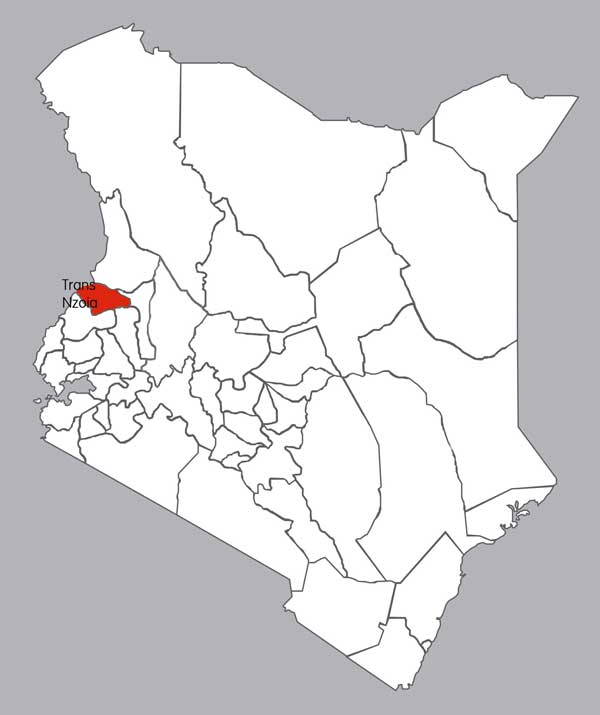
This image is property of elimufeynman.s3.amazonaws.com.
Economy
Agriculture
Agriculture is the backbone of Trans-Nzoia County’s economy, with the region known as the “breadbasket” of Kenya. The county is renowned for its maize and wheat production, with large-scale farms and smallholder farmers contributing to the agricultural sector. The favorable climatic conditions, fertile soils, and availability of irrigation water from rivers and dams support high agricultural productivity.
Mining
Trans-Nzoia County is rich in mineral resources, including limestone, iron ore, and gemstones. However, the mining sector is relatively underdeveloped and has not been fully tapped. Efforts are being made to attract investment and develop sustainable mining practices to harness the potential of these resources, which could contribute to the economic growth of the county.
Trade and commerce
The county’s strategic location along major transportation routes has fueled trade and commerce in Trans-Nzoia County. The town of Kitale serves as a commercial hub, hosting markets and trading centers where a variety of goods and services are exchanged. The county’s proximity to neighboring countries such as Uganda and South Sudan presents opportunities for cross-border trade, further boosting the local economy.
Infrastructure
Transportation
Trans-Nzoia County boasts a well-developed transportation network that facilitates movement within and outside the county. The major highways that traverse the county include the Eldoret-Kitale Highway and the Kitale-Webuye Highway. The county government has also invested in the improvement of rural access roads, enhancing connectivity between agricultural areas and markets.
Education
The county places a strong emphasis on education, with numerous primary and secondary schools spread across the region. Tertiary institutions, including technical training institutes and universities, provide opportunities for higher education. The government, in collaboration with stakeholders, continues to invest in improving education infrastructure and promoting access to quality education for all residents.
Healthcare
Trans-Nzoia County is committed to ensuring the well-being of its residents through accessible healthcare services. The county operates several health facilities, including hospitals, health centers, and dispensaries, providing both curative and preventive healthcare services. Efforts are being made to equip these facilities with modern medical equipment and adequately staff them to meet the healthcare needs of the growing population.
Utilities
The county government has made significant strides in improving access to basic utilities in Trans-Nzoia County. Efforts have been made to expand electricity coverage, ensuring that households and businesses have access to reliable power supply. The government has also invested in water and sanitation infrastructure, aiming to provide clean and safe water to all residents.
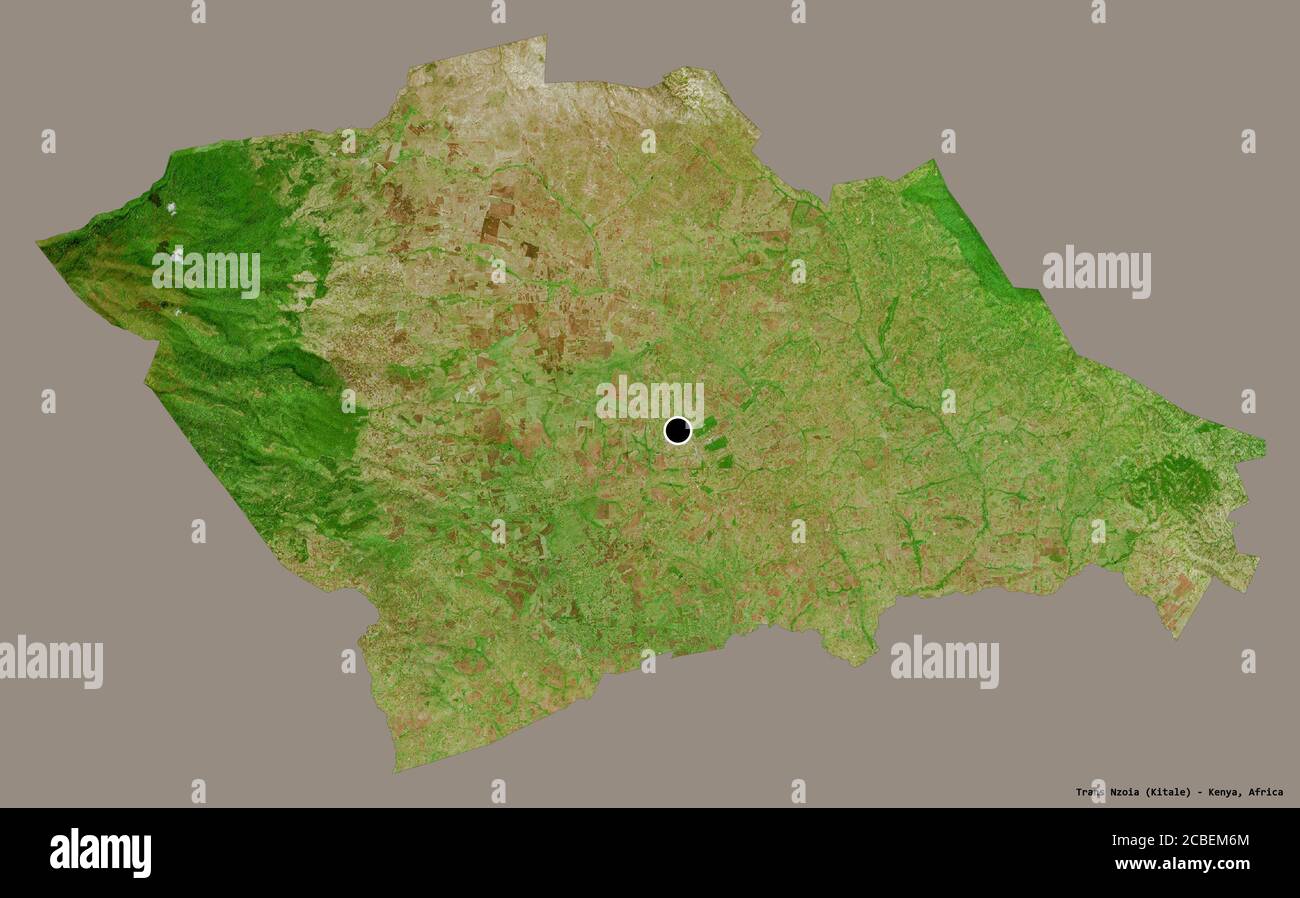
This image is property of c8.alamy.com.
Tourism
National parks and reserves
Trans-Nzoia County is blessed with abundant natural beauty, making it an attractive destination for nature lovers. The county is home to the Mount Elgon National Park, which offers breathtaking landscapes, diverse flora and fauna, and opportunities for hiking and bird watching. In addition, the Saiwa Swamp National Park, a small but unique park, is renowned for its population of the endangered Sitatunga antelope.
Cultural sites
Trans-Nzoia County is rich in cultural heritage, with various sites of historical and cultural significance. The county is home to the Kitale Museum, which showcases the region’s cultural artifacts, including traditional tools, clothing, and musical instruments. The museum provides insights into the customs and traditions of the local communities, enriching visitors’ understanding of Kenyan culture.
Events and festivals
Throughout the year, Trans-Nzoia County hosts a range of events and festivals that celebrate the county’s cultural diversity and promote tourism. The Annual Trans-Nzoia Agricultural Show, held in Kitale, showcases the region’s agricultural achievements and provides a platform for farmers to showcase their produce. The Maragoli Cultural Festival, held in Vihiga, celebrates the customs and traditions of the Maragoli community, attracting visitors from far and wide.
Culture
Traditional practices
Trans-Nzoia County is renowned for its rich cultural heritage, with various traditional practices passed down through generations. These include initiation ceremonies, traditional healers, and storytelling sessions. The county’s diverse ethnic groups have their unique practices, which contribute to the vibrant cultural tapestry of Trans-Nzoia.
Music and dance
Music and dance play an integral role in Trans-Nzoia County’s cultural expression. The county boasts various traditional music and dance styles, each associated with specific ethnic groups. These vibrant performances often accompany celebrations, ceremonies, and social gatherings, bringing communities together and fostering a sense of unity.
Cuisine
Trans-Nzoia County’s cuisine is a reflection of its agricultural prowess, with maize and wheat forming the staple foods. Ugali, a thick porridge made from maize flour, is a popular dish often served with sukuma wiki (collard greens), nyama (meat), or traditional vegetables. Additionally, the county’s fertile soils support the growth of various fruits and vegetables, which are incorporated into the local cuisine.
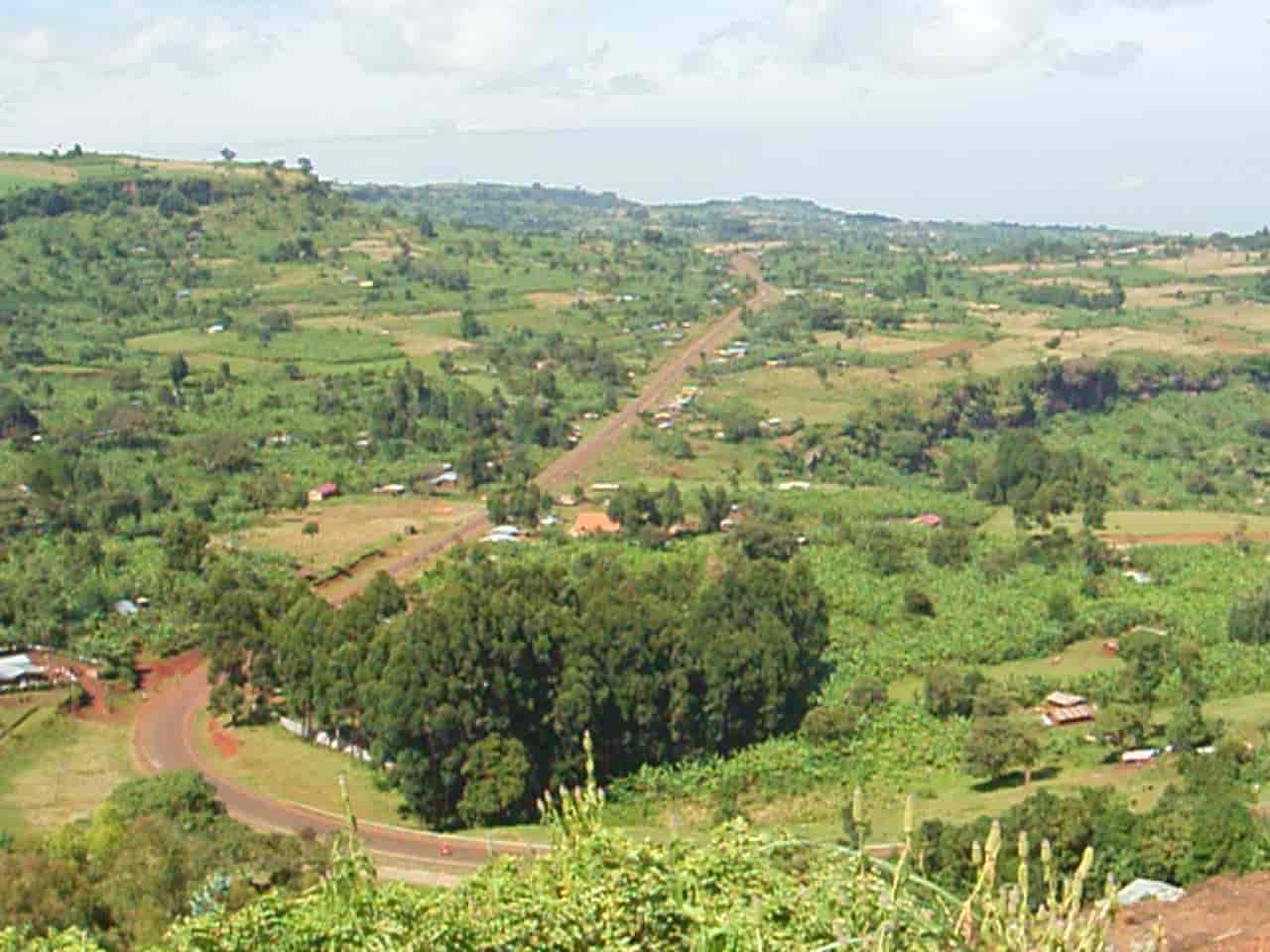
This image is property of victormatara.com.
Sports
Popular sports
Sports play a significant role in Trans-Nzoia County, with athletics being a prominent discipline. The county has produced numerous talented athletes who have represented Kenya in international competitions. Other popular sports in the county include football, rugby, and volleyball, with sporting events regularly organized to promote talent development and healthy competition.
Sports facilities
Trans-Nzoia County is equipped with several sports facilities, including stadiums, venues for track and field events, and indoor sports halls. The Kitale Showground, for instance, hosts various sporting events and exhibitions, providing a platform for athletes to showcase their skills. These facilities support the development of sports at both the recreational and competitive levels.
Sports achievements
Trans-Nzoia County has achieved notable success in the world of athletics, with several athletes from the region achieving international acclaim. These athletes, through their dedication and hard work, have brought recognition and pride to the county. Such achievements inspire young athletes and demonstrate the county’s commitment to nurturing talent and providing opportunities for success in the sporting arena.
References
The information in this article is based on the following sources:
- Trans-Nzoia County Government Official Website
- Kenya National Bureau of Statistics
- Kenya Wildlife Service
- Kenya Tourism Board

